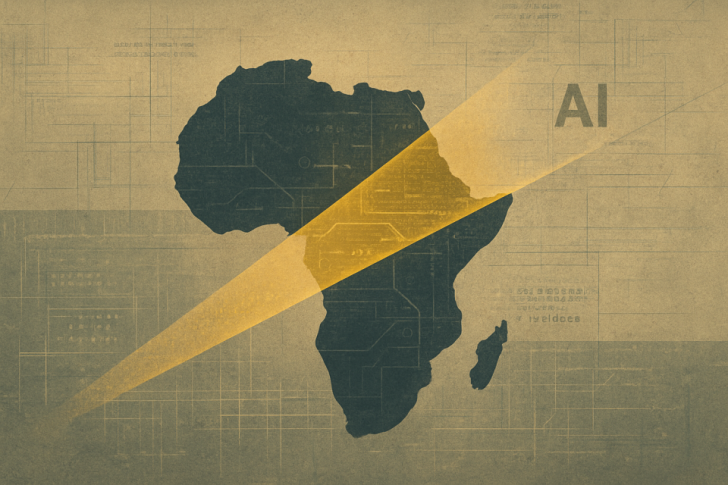
At the Forum on Internet Freedom in Africa (FIFAfrica) in Windhoek, Namibia that happened on 24-26 September 2025, I had the chance to share my thoughts on some of the central narratives shaping AI governance in Africa. My reflections fundamentally stemmed from conducting tech policy research from an Afro-feminist lens across the African continent for years, which has left me apprehensive about how much AI and other technologies will indeed meet the continent’s needs for an inclusive society, as aided by the dominant policy-making narratives and approaches. In seeking to understand this, I realise that we are far from this realisation at the moment.
To fully understand how this policy making is informed in Africa, it is important to acknowledge how narratives are formed. They require discourse around emerging and existing conversations which we use as guides, conscious or unconscious, in sense-making around any topics, events or issues. Narrative entails the underlying stories we use to rationalise what happens, or explain actions taken among other things. I highlighted that over the last few years, the narrative that AI will somehow lead to the continent’s development has gained consensus, and been promoted by actors primarily in the policy-making space. These include governments and regional bodies, multi and bilateral development partners, civil society, grassroots movements as well as the technical landscape which has adopted this language in their functions across Africa. While expressed differently across these actors, this narrative can be summed up as "AI for Development" (AI4D).
In brief, this article centrally argues that because Africa’s engagement within the global AI ecosystem has so far been shaped by unequal power relations. This position merits a fundamental rethinking of what AI4D should mean in practice through policy and governance thinking which looks structurally at the continent’s intertwined crises and challenges in relation to AI’s real potential for overcoming them.